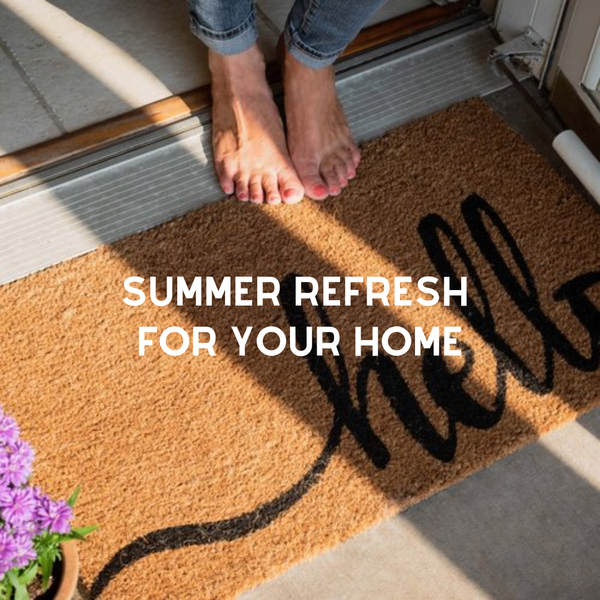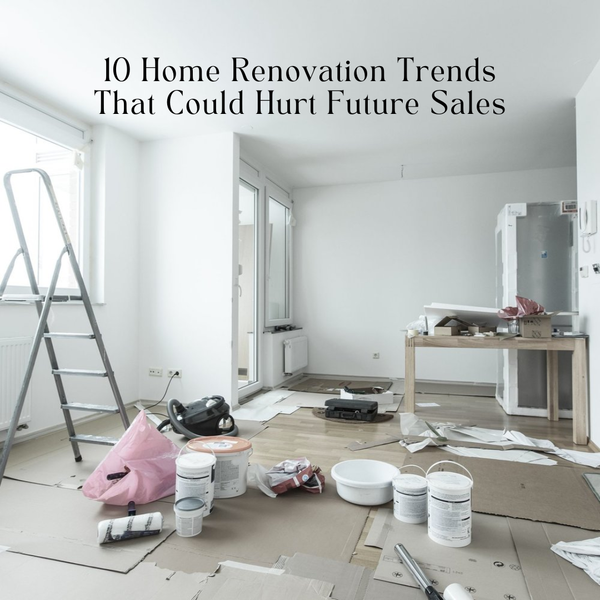Questions for First-Time Homebuyers
Now that Spring is in full effect and Summer is quickly approaching, you might be considering taking the leap from renting to buying your first home! This is a very exciting step to take, but it also comes with a lot of questions. Before you decide on whether or not you want to purchase a home, ta
Summer Refresh for Your Home
Now that Summer is fast approaching, it's the perfect excuse to refresh and brighten your home. It’s time to put away the faux fur throws and plaid wool pillows and bring in some vibrant colors and light, airy fabrics, and textiles. To help you freshen your home this Summer, we provided you with a l
10 Home Renovation Trends That Could Hurt Future Sales
Spring is the time for many major home remodeling projects. From installing new flooring to upgrading your porch or patio to any other number of home upgrades, warmer weather seems to signal the perfect timing for making renovations.
We also know that spring is a prime time for selling a home. While
Pure Realty
Phone:+1(512) 337-0400




